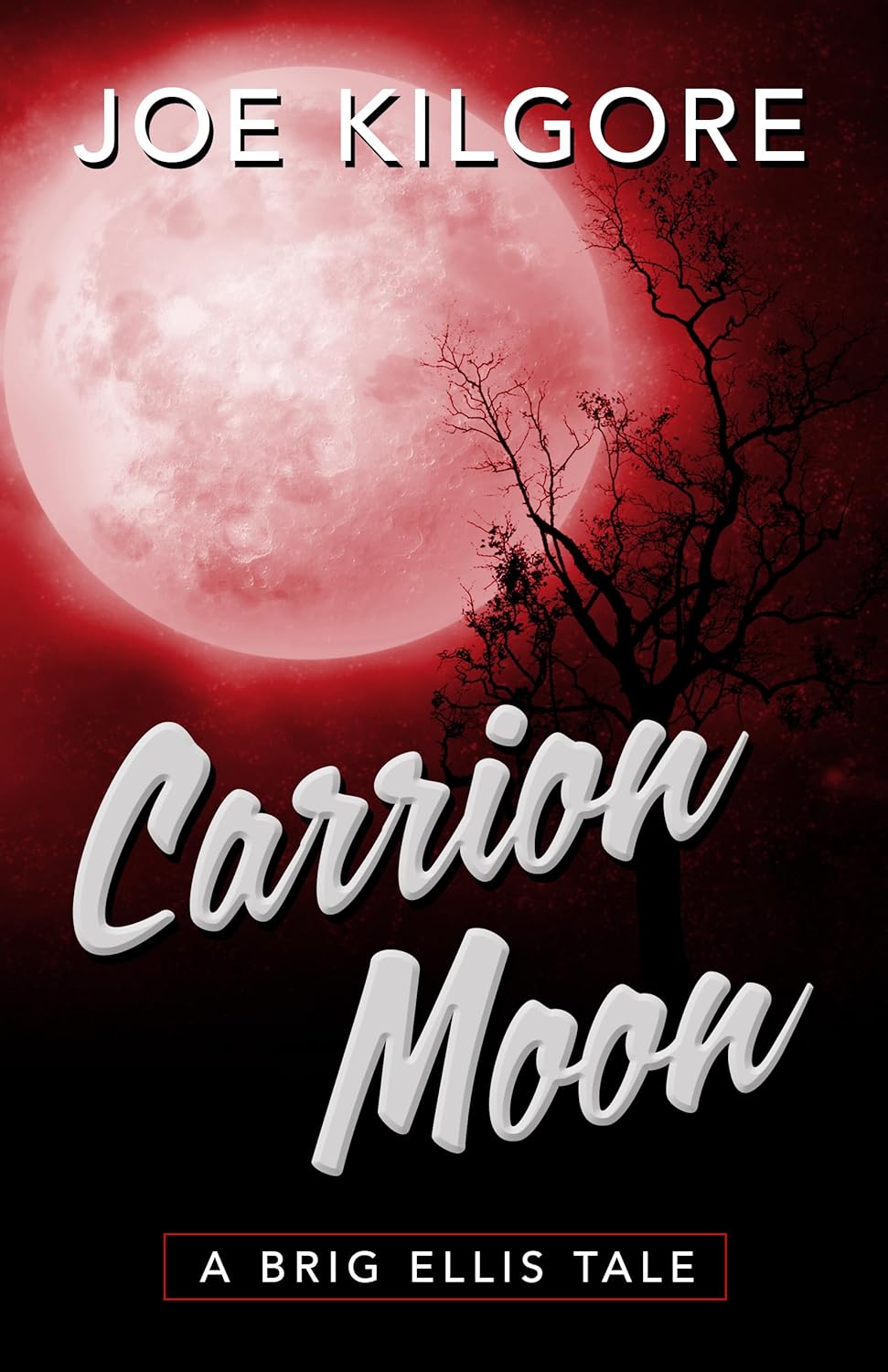A Short Stay In A Dark Place
Tuesday, September 18th, 2012Whenever I’m cruising non big-box book stores, I’m always on the lookout for anything by Jim Thompson that I’m not already overly familiar with. Not always an easy task. Most of the shops stock the titles that have been made into movies. You know the ones. The Killer Inside Me that spawned the latest cinema creation with Casey Affleck in the lead. Then of course, there was the earlier version with Stacy Keach some twenty or thirty years ago. And you always seem to run across The Getaway. Sam Peckinpah directed the version with Steve McQueen and Allie McGraw. And that was followed a few years back by the Alec Baldwin / Kim Basinger take on it. Both novels (and at least one of the movies descended from them) are classics to be sure, but as I said earlier, I know them perhaps too well.
One of the joys in life is discovering a Jim Thompson story where you don’t already know where it’s going and you haven’t experienced the delicious plate of prose he’s set before you. Such was the case recently when I picked up A Swell Looking Babe (the novel, not the object of the title).
Of course, the title is now a politically incorrect anachronism. But the story itself and the humanity it lays bare is as relevant today as it was when Thompson penned it in 1954. The language crackles with insight, wit, and savage irony. As is often the case in a Thompson novel, you start out empathizing with the protagonist and wind up asking yourself how you might have ever thought well of him or her in the first place. Such is Thompson’s skill. He initially introduces someone you’re more than ready to root for, then ever so slowly he slips in just enough information to cause you to begin to question your judgement. And by the time you get to the end you wonder how you could have ever liked that individual in the first place. Until you reflect long enough to ask yourself the question–would you have reacted differently…really? More often that not the answer is no. And you realize that humans are simply that, human. Flawed, imperfect creatures who make their way in the world as best they can. Often not very prettily.
The main character in A Swell Looking Babe is not actually the swell looking babe. It’s a bellboy by the now overused name of Dusty Rhodes. He’s a hard-working, ambitious kid who has had to drop out of school to help support his single parent who has suffered a setback that seems to be taking an insurmountable toll on both his physical and mental health. The father is now the son’s cross to bear. Or is he? With Thompson you can never know for sure. Until he wants you to know.
The plot involves robbery, treachery, sex (or the impending promise of it), escape, lack of repentance, and perhaps karma. But while, as in most Thompson efforts, plot keeps you turning the pages, the author’s use of language and his searing honesty into the black holes of human weakness is what makes the page turning enjoyable.
Stay a day or two at The Hotel Manton in Jim Thompson’s A Swell Looking Babe. Get to know the bellboy. He’s a nice kid, the kind you’d like to see do well. Until you know what he’s really doing. But you’ll still enjoy your stay. At least one visitor did–The Fiction Fortune Hunter.
